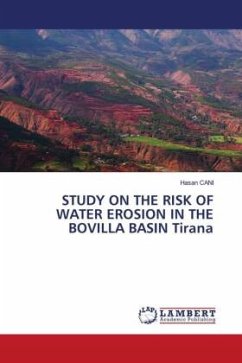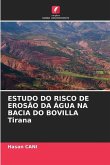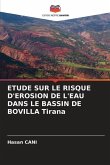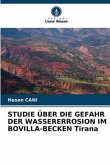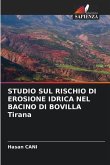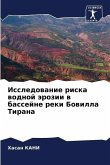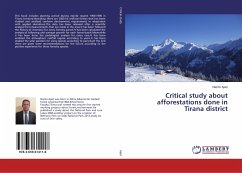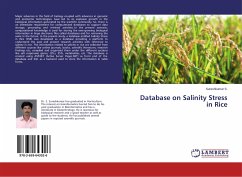Albania as a Mediterranean country is extremely affected by soil erosion. It occurs throughout the territory of the country and appears in different forms, such as surface erosion of the soil, river banks, streams, transport of solid deposits of gravel, massive or localized landslides and collapses, as well as physical and chemical degradation of lands.The consequences of soil erosion is the loss of soil functions such as its fertility, and ultimately the loss of the soil itself.According to STI Tirana data, annual land losses as a result of surface erosion are estimated at an average of about 25 / ton / ha / year. Erosions are even more present on non-agricultural land. Thus we can say that in some river basins of our country, erosions for the whole territory are estimated to be different for different rivers, ranging from 42 tons / ha / year Erzeni basin to 11.6 tons / ha / year Drini basin. As a result of the erosion in Albania from the studies conducted, from the mountains and hills of our country through the transport of rivers about 60 million tons per year.
Bitte wählen Sie Ihr Anliegen aus.
Rechnungen
Retourenschein anfordern
Bestellstatus
Storno

